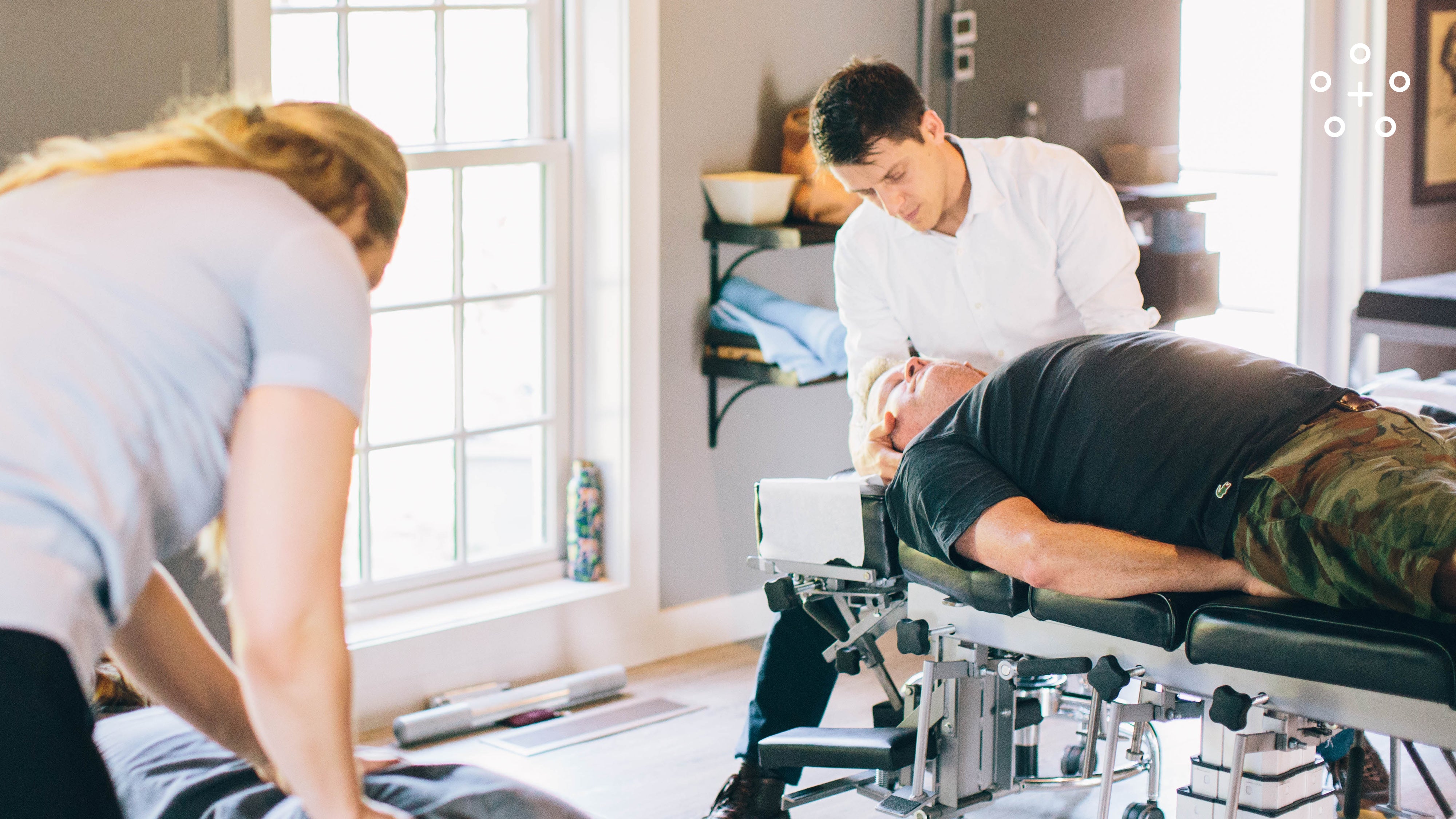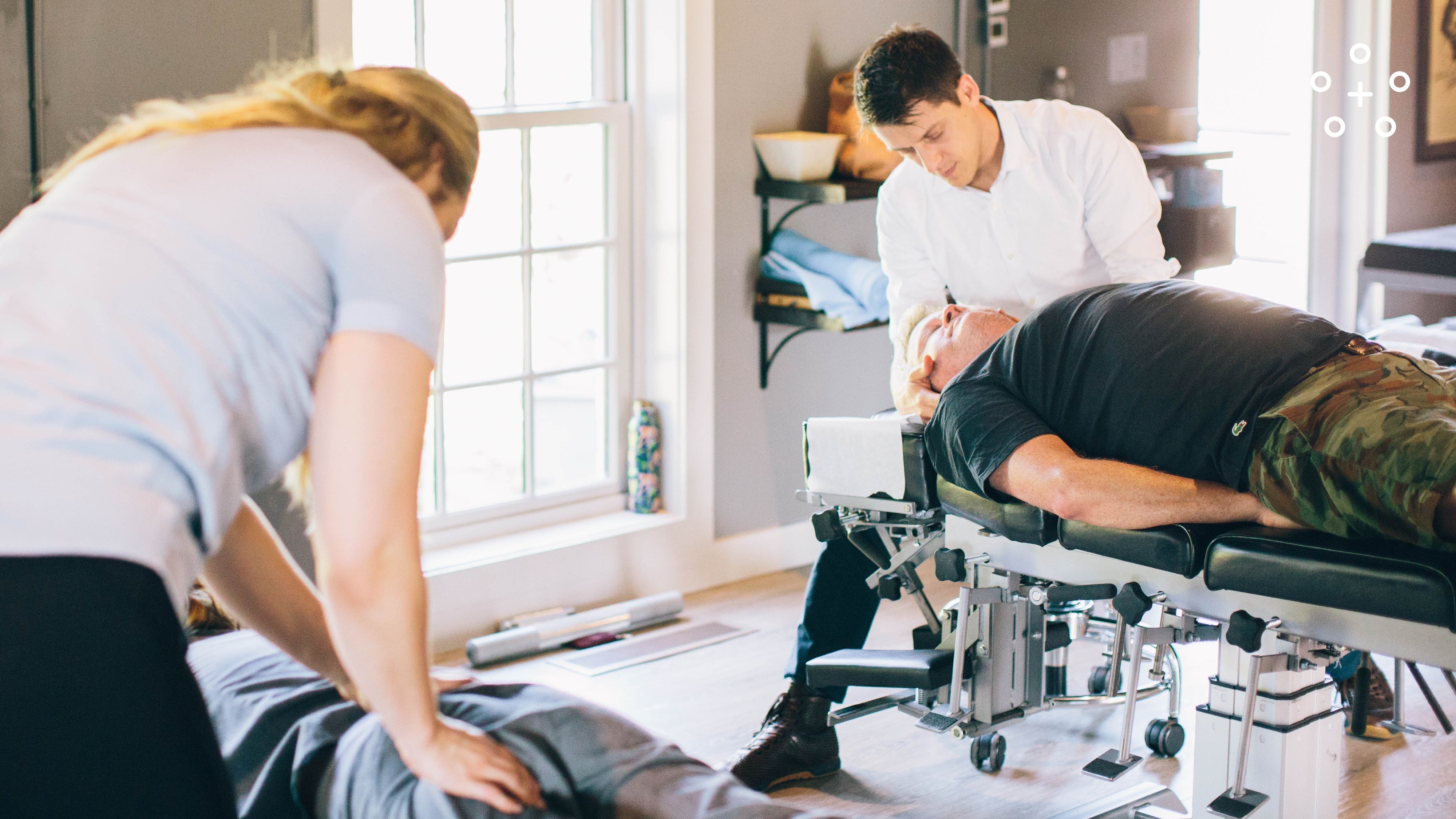Sleep is incredibly undervalued in our country. Our modern society places sleep in an optional category and even lauds those who go without. But trading sleep for “productivity” can have devastating effects on your long-term health. Studies have linked sleeping less than 7 hours a night with altering your body’s circulation of many hormones, affecting a vast array of systems. Some examples include increased cortisol and insulin leading to blood sugar imbalance, weight gain, and chronic fatigue. Loss of sleep also decreases brain function, increases cancer risk, heart disease, lowers testosterone and, according to a recent study, is associated with decreased testicular size (guys, do I have your attention yet?).
Most people can improve their sleep situation by simply being resolute about making the change. Others may need more help. Here is a list of some things that can either help you fall asleep easier or improve your sleep quality:
Routine, Routine, Routine
Our bodies thrive on routine. Many of our hormones are released in a cyclical schedule according to things like activity level, visual stimuli, time of day, and time of month. When we go to sleep and wake at the same time every day, our physiology improves. When hormone production and timing is optimized, healing takes place. As a side note, if you apply routine and to-the-minute scheduling to your entire day, your efficiency will skyrocket and then you won’t even feel the need to trade sleep for productivity!
Use a Blue Light Filter
As stated above, the body uses both internal and external cues to determine what processes should take place. Light is one example. Daylight contains lots of blue wavelength light. It is this blue light that signals to our bodies that is is time to be wakeful. Unfortunately, many lights in our homes and our electronic devices also emit blue light. This extra blue light exposure can trick the brain into thinking it’s time to wake up, even at night. Most phones have screen modes that lower or omit blue wave light. Even better, I recommend wearing blue light filtering glasses which can be purchased on Amazon for about $15. Put them on at sunset.
Take Magnesium
Talk to your health care provider before starting any new supplements to be certain it is the right and safe thing for you.
Magnesium is an electrolyte that is essential to muscle relaxation as well as many other vital body processes. Thanks to soil depletion and poor dietary choices, many people in the US are deficient in magnesium. Ask on your next visit how to determine your ideal dosage. The chelated form is the best (magnesium glycinate or magnesium chelate) and it’s best to take it 1 hour before bed due to its relaxing effects.
No Food After 7
Give your body a break from digesting food at night. No food inside of 3 hours before bedtime. This way your body can spend the energy repairing itself rather than digesting food.
Use Blackout Curtains & Cover or Unplug Electronics
You want your room to as dark as possible when you sleep. The smallest amount of light will send a message to your brain that daylight is coming and will interfere with proper sleep cycles. Even if you wear a mask to block the light, this may not be enough. Your skin has light receptors which can pick up the smallest amount of light. Because of this, it’s good practice to cover the lights on your electronic devices (clocks, DVD player, TV, chargers, etc).
Supplements
Used properly and sparingly, nutritional supplementation can be very helpful. Talk to your health care provider first to make sure the particular supplement is safe for you. Here are the ones I recommend:
- Valerian Root
- 5-HTP
- Tryptophan
- Kava Kava
- Passionflower
- Homeopathy (Lots of safe options here—good option for pregnancy)
Resolve problems
Lastly, clear your mind before bed. Never go to bed with an unresolved issue hanging over your head. If you have a problem, sit and write what you need to do to address it. Having an action plan goes a long way toward regaining a feeling of control in your life and will help you let go and embrace sleep.
- Dr. John Palmer
#yourbirminghamchiropractor




